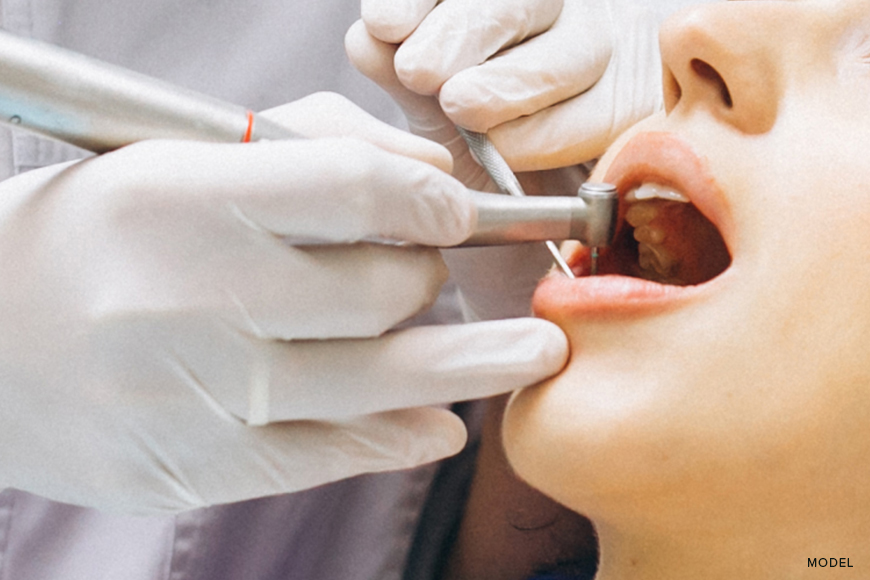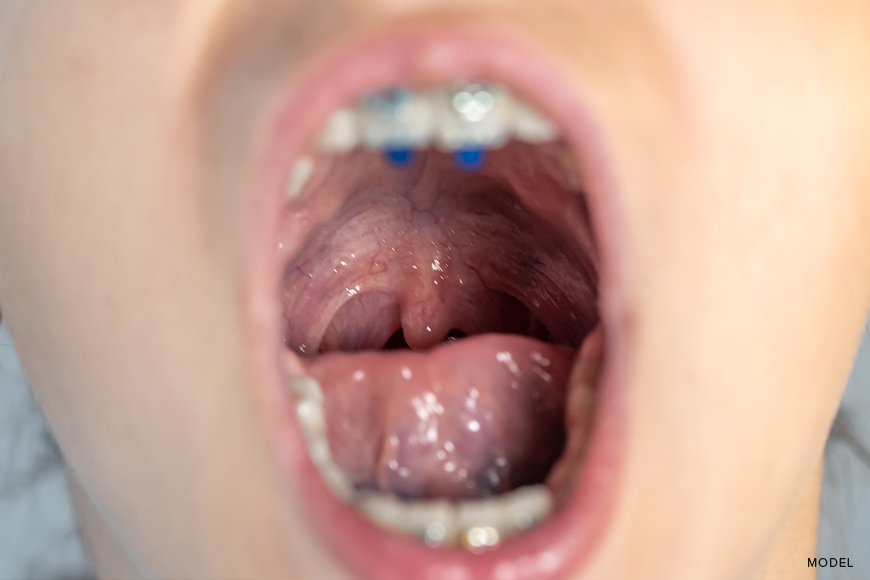Being aware of the warning signals of unhealthy teeth is essential when it comes to maintaining excellent oral health. Early detection of these signs promotes general health as well as preventing the worsening of serious dental issues. We at Madison Dentistry & Implant Center are aware of how important prompt detection and treatment are to preserving the best possible oral health.
In this article, we examine the typical signs of dental health issues, their underlying causes, and the need of acting quickly to address them. Come along as we discuss this crucial area of dental care.
Unhealthy Teeth Signs
Signs of unhealthy teeth include a variety of symptoms as well as visual indicators that point to underlying dental issues. Pain, cosmetic changes, or issues with oral function could be some of these symptoms. By being aware of these signs, one can address the problems early on and prevent further damage.
Importance of Recognizing Them Early
Early detection of unhealthy teeth signs is crucial for maintaining oral health. disregarding these signs may cause dental issues to worsen and require more comprehensive treatment, not to mention more expensive dental care. In addition, untreated oral problems may have an adverse effect on general health, raising the risk of systemic illnesses and lowering quality of life.
Common Signs of Unhealthy Teeth
- Toothaches and Sensitivity: Persistent toothaches or sensitivity to hot, cold, or sweet foods and beverages can indicate underlying tooth decay, infection, or gum disease.
- Bleeding Gums: Bleeding gums, especially during brushing or flossing, may signal gum inflammation (gingivitis) or more advanced periodontal disease.
- Bad Breath: Chronic bad breath, or halitosis, can result from bacteria buildup in the mouth, often due to poor oral hygiene or underlying dental conditions.
- Visible Discoloration or Spots: Discoloration, white spots, or stains on the teeth may indicate enamel erosion, decay, or mineral deficiencies.
- Loose or Shifting Teeth: Loose or shifting teeth can be indicative of advanced gum disease or bone loss, compromising the stability and function of the dentition.
- Receding Gums: Receding gums, characterized by the exposure of tooth roots, may signify gum recession due to periodontal disease or aggressive brushing habits.
Causes of Unhealthy Teeth
Unhealthy teeth and gums can arise from a variety of causes, including hereditary predispositions and inadequate oral hygiene habits. To put preventive measures into place and seek the right therapy, it is imperative to understand these underlying reasons.
- Poor Oral Hygiene: Inadequate brushing, flossing, and rinsing habits can lead to plaque and tartar buildup, increasing the risk of cavities, gum disease, and other dental issues.
- Dental Diseases: Conditions such as tooth decay (caries), gum disease (periodontitis), and oral infections can compromise dental health and necessitate professional intervention to prevent further damage.
- Diet and Lifestyle Factors: Consumption of sugary, acidic foods and beverages, tobacco use, and neglecting regular dental check-ups can contribute to the development and progression of dental problems.
Impact of Unhealthy Teeth on Overall Health
Beyond affecting oral health, untreated dental issues can have far-reaching consequences for overall well-being. Studies have indicated a noteworthy association between systemic illnesses and oral health, underscoring the significance of complete dental care.
Connection to Systemic Diseases
Poor oral health has been linked to various systemic conditions, including cardiovascular disease, diabetes, respiratory infections, and adverse pregnancy outcomes. Oral inflammation and bacteria can enter the bloodstream, potentially exacerbating existing health conditions or triggering new ones.
Effects on Self-Esteem and Confidence
The consequences of having bad teeth, both functionally and aesthetically, can be detrimental to one’s confidence and sense of self. Discoloration, malocclusion, or tooth loss are examples of dental problems that can have an impact on mental health and make social interaction challenging.
Oral Hygiene Practices
Effective oral hygiene habits, including brushing twice daily with fluoride toothpaste, flossing daily, and using antimicrobial mouthwash, help remove plaque and prevent dental decay and gum disease.
Book a Consultation Today
Why delay the journey to your dream smile any further? Take the first step towards achieving it by booking a consultation with the expert team at Madison Dentistry & Implant Center today. Our compassionate dentists and dedicated dental professionals are here to assess your oral health, attentively listen to your aspirations and apprehensions, and craft a customized treatment strategy designed specifically for you.





